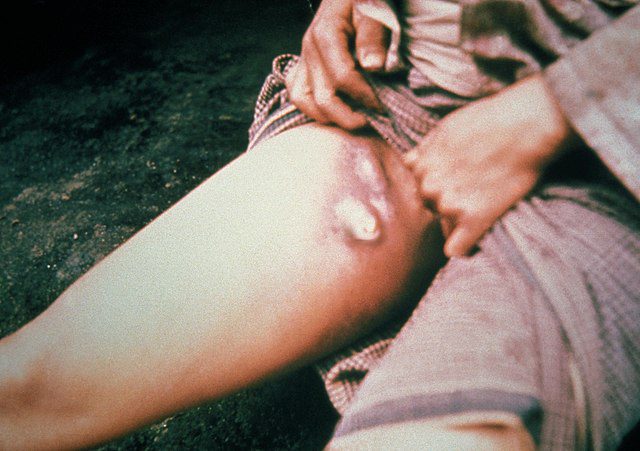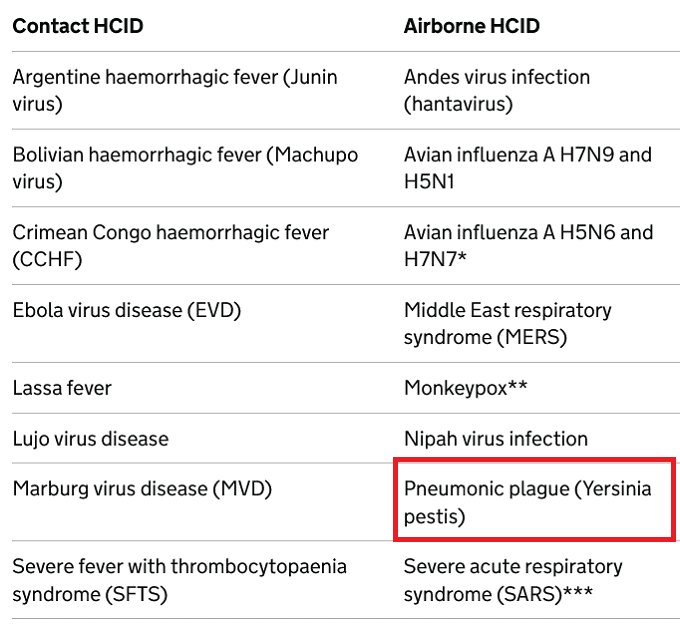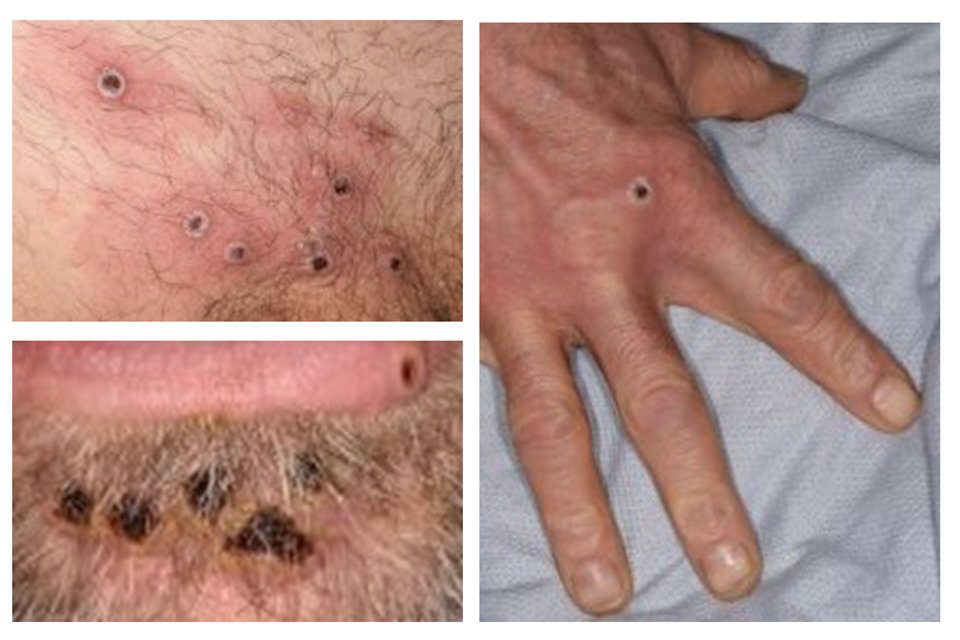
China: Level four alert for bubonic plague *2 updates*
Level four alert for bubonic plague in Ningxia Hui, China.
Northwest China’s Ningxia Hui Autonomous Region issued a level IV emergency response on plague prevention and control on Tuesday night, after one patient was confirmed to be infected with the zoonotic bacteria.
Bubonic plague is a severe infectious disease that is highly transmissible and has a high fatality rate. It is a Class A infectious disease, the highest classification under China’s Law on the Prevention and Treatment of Infectious Diseases.
It can be a very severe disease in people, with a fatality ratio of 30 to 60 percent for the bubonic type and is always fatal for the pneumonic kind when left untreated, according to the WHO.
UPDATE 1 – 21st July 2022 – There have been 11 cases and four deaths from bubonic plague in China since 2019
In the past four years, there have been sporadic cases of plague every year in China, mainly in Inner Mongolia and Ningxia.
In 2019, 5 cases of plague were reported nationwide and 1 person died. Among them, there are 4 confirmed cases of plague publicly reported in Inner Mongolia.
In 2020, 4 cases of plague and 3 deaths were reported nationwide (1 case was reported in 2019). Among them, 2 plague deaths occurred in Inner Mongolia.
In 2021, 1 case of plague was reported nationwide. The patient was admitted to the General Hospital of Ningxia Medical University, and lived in Chabu Commune, Wulan Town, Ordos City, Inner Mongolia Autonomous Region, and engaged in grazing work all the year round.
With this one case this year, the number of reported cases of plague in the past four years has reached 11.
News.cn report (in Chinese)
UPDATE 2 – 21st July 2022 – Hong monitoring the Chinese case of bubonic plague closely
Hong Kong CHP closely monitoring the plague case in Yinchuan
The Centre for Health Protection (CHP) of the Department of Health today (July 21) received notification from the National Health Commission of a bubonic plague case in Yinchuan, Ningxia Hui Autonomous Region, and is closely monitoring the situation.
The case involves a 45-year-old male patient living in Yinchuan. He worked on a farm in Ordos, Inner Mongolia Autonomous Region. He developed symptoms on July 12 and was confirmed to have bubonic plague on July 19. The patient is currently in stable condition.
A spokesman for the CHP said, “Plague is transmitted from an infected animal (mainly rodents) to humans through the bite of its fleas. Plague can also be contracted when cuts or other breaks in the skin come into contact with the body fluid or tissue of infected animals. Consumption of infected animal tissues and inhalation of infected respiratory droplets are also a possible mode of transmission.”
The spokesman explained that bubonic plague is a kind of plague which is not usually transmitted directly from person to person unless there is contact with pus from suppurating buboes. Patients infected with bubonic plague usually present with fever, headache and painful swelling of the regional lymph nodes, especially around the groin. The infection can progress to septicaemic plague when the bacteria invade the blood stream.
The spokesman reminded travellers to avoid visiting plague-endemic areas. They should also heighten vigilance on rodents and prevent flea bites. Insect repellents against mosquitoes may equally prevent flea bites and deter blood-sucking insects. Formulations in lotions or sprays should contain DEET, IR3535 or icaridin (also known as picaridin) as active ingredients. The public should refer to the CHP’s tips for using insect repellents.
“Travellers returning from affected areas with a sudden onset of fever, shaking chills, body pains or chest discomfort should seek medical advice as soon as possible and reveal their travel history for prompt investigation and management. Plague is a statutorily notifiable disease and doctors should report suspected or confirmed cases to the CHP for investigations and control,” the spokesman added.
Travellers should take heed of the health advice below during travel:
- Prevent flea bites by wearing long-sleeved shirts and trousers, and applying insect repellent/insecticide. DEET-containing insect repellent can be applied to exposed skin and clothing, while insecticide containing permethrin can be applied to clothing, not the skin
- Avoid going to rural areas, camping or hunting
- Never eat or touch rodents, dead animals and their tissues or contaminated materials
- Avoid close contact with patients, especially those with cough or chest infection
- Avoid going to crowded areas
- Seek medical care immediately in case of a sudden onset of fever, chills, painful lymph nodes, difficulty in breathing with coughing and/or blood-tainted sputum
- Consult a doctor immediately after contact or exposure to pneumonic plague patients or high-risk exposures, such as bites from fleas or direct contact with body fluids or tissues of potentially infected animals, for prompt assessment of the need for preventive medication.
Hong Kong government information page
High Consequence Infectious Diseases:
Iraq: Unprecedented Crimean-Congo haemorrhagic fever numbers
Photo Credit:Content Providers(s): CDC, Public domain, via Wikimedia Commons






